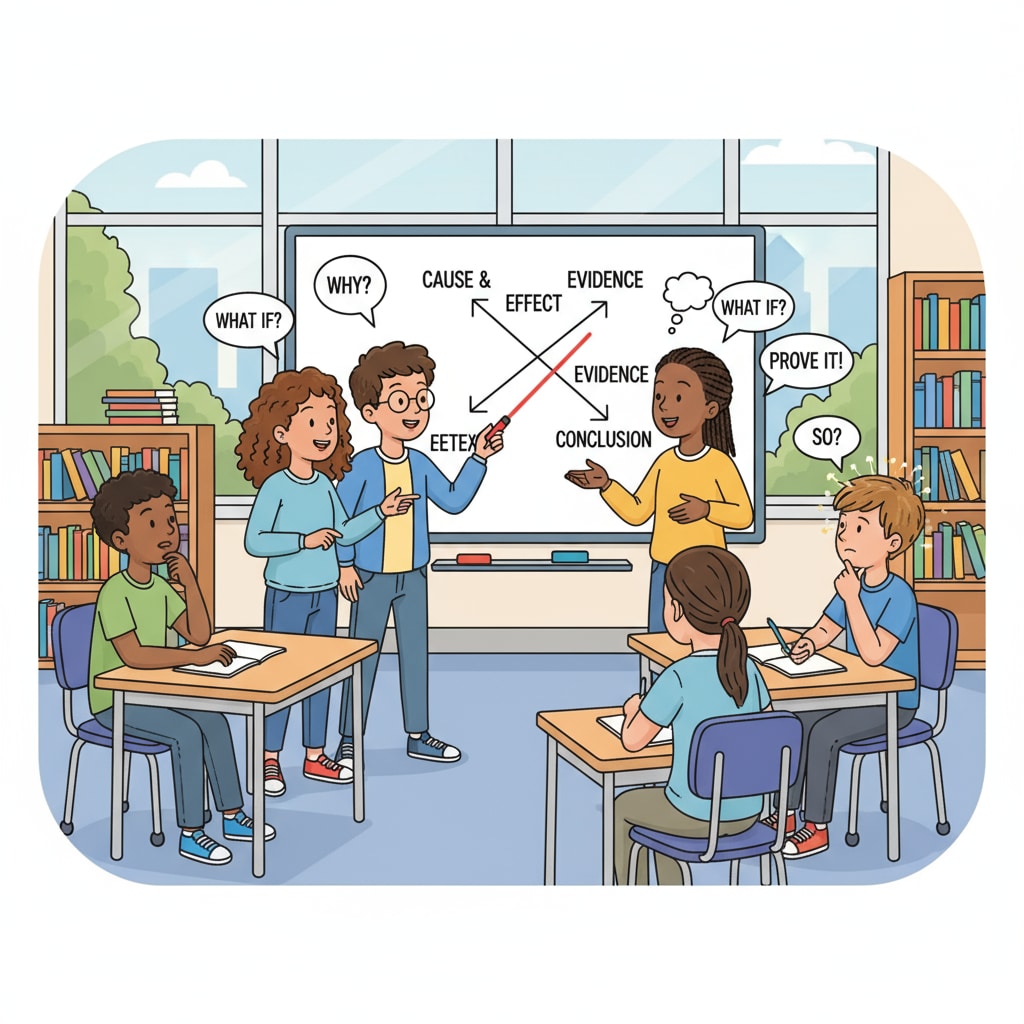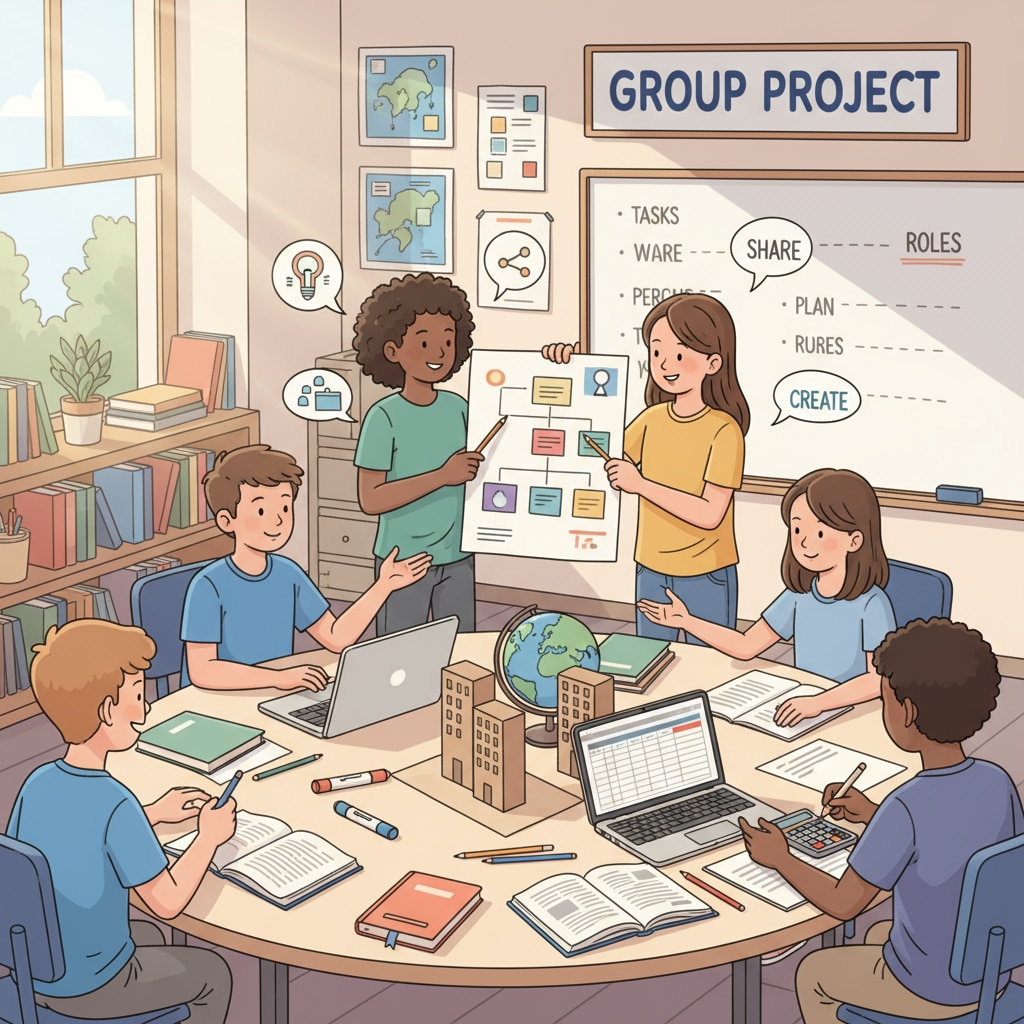In today’s dynamic world, soft skills in middle school education have become an indispensable part of preparing students for the workplace. Middle school is a formative stage where students not only acquire academic knowledge but also need to develop essential soft skills that will serve them well in their future careers and lives. However, current middle school education often places excessive emphasis on academic achievements while overlooking the cultivation of soft skills. This article delves into the necessity of soft skill development in middle school and offers practical implementation methods.
The Necessity of Soft Skills in Middle School
Soft skills, such as critical thinking, communication, collaboration, and emotional intelligence, play a vital role in a student’s growth. For example, critical thinking allows students to analyze problems, evaluate information, and make informed decisions. According to Wikipedia’s page on critical thinking, it is an essential skill in various aspects of life. In the workplace, employees with strong critical thinking skills can handle complex tasks more effectively.

Communication and collaboration are also key soft skills. In a team project, students need to communicate their ideas clearly and work together towards a common goal. Good communication can prevent misunderstandings and enhance efficiency. As students progress to the workplace, these skills will be fundamental for working in teams and building relationships with colleagues.
Integrating Soft Skills into the Curriculum
One effective way to incorporate soft skills training into middle school education is through project-based learning. Teachers can design projects that require students to use critical thinking, communication, and collaboration skills. For instance, a science project might involve students researching a topic, presenting their findings, and working in groups to solve related problems. This hands-on approach helps students develop soft skills while learning academic content.

Another method is to include dedicated soft skills courses or workshops. These can focus on specific soft skills like emotional intelligence. By teaching students how to recognize and manage their emotions, as well as understand the emotions of others, they can better navigate social situations both in school and in the future workplace. As stated on Britannica’s entry on emotional intelligence, emotional intelligence is a valuable asset in personal and professional relationships.
In addition, extracurricular activities provide an excellent platform for soft skill development. Clubs, sports teams, and volunteer work all offer opportunities for students to interact with their peers, take on leadership roles, and develop problem-solving skills.
Readability guidance: This article uses short paragraphs and lists to summarize key points. Each H2 section provides practical ways to develop soft skills. The use of passive语态 is minimized, and transition words like “for example”, “in addition” are used to enhance the flow of the article.


